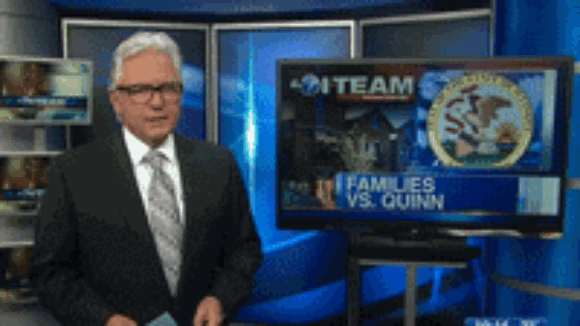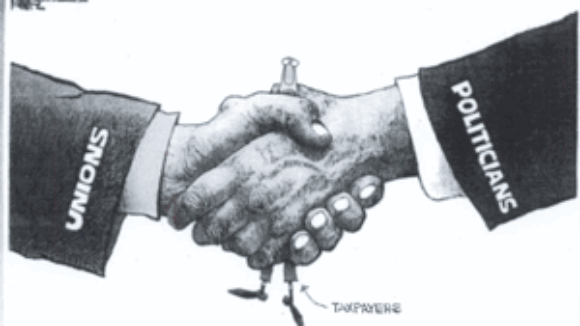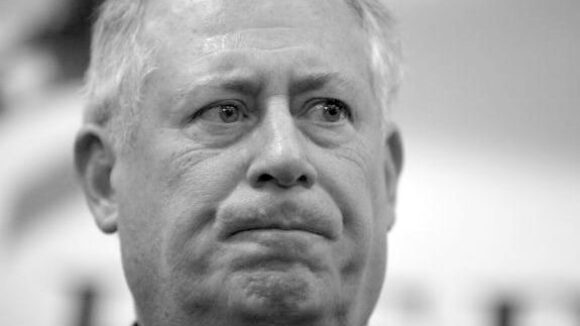Big Labor 'Medicine' Making Illinois Sicker
Union-label Illinois Gov. Pat Quinn has run up his state's public spending and debt to Greece-like levels. Credit: www.chicagonow.com
Compulsory-Unionism Stronghold State Drowning in Taxes and Debt
(source: National Right To Work Committee February 2012 Newsletter)
In early 2012, as the national economy continues struggling to recover from the severe 2008-2009 national recession, many states are in financial dire straits. But Big Labor-dominated Illinois is very arguably the worst fiscal basket case of all.
Early last month, Moody's Investors Service downgraded Illinois debt to A2, finding its creditworthiness to be the worst of any of the 50 states, including even government union-controlled California. In its report, Moody's specifically berated Illinois's "weak management practices."
On January 22, a Chicago Tribune editorial observed: "Deadbeat Illinois owes some $8.5 billion in old bills, tax refunds, employee health insurance and interfund borrowing debts. That's roughly one-fourth the state's spending this year from its general funds." Over and above that, Illinois has "nearly $200 billion in debts and unfunded obligations."
Burdened by labor policies authorizing union monopoly bargaining and forced union dues and fees in both the private and public sectors and a tax and regulatory climate that are hostile to private-sector job and income growth, the Prairie State has been in trouble for a long time.
Big Labor 'Cure-All' For Rapidly Rising Government Debt: Massive Tax Hikes
But Illinois's outlook grew even bleaker after union-label Democratic Gov. Pat Quinn and like-minded legislators acted in January 2011 to put the state, in the governor's words, "back on sound fiscal footing."







